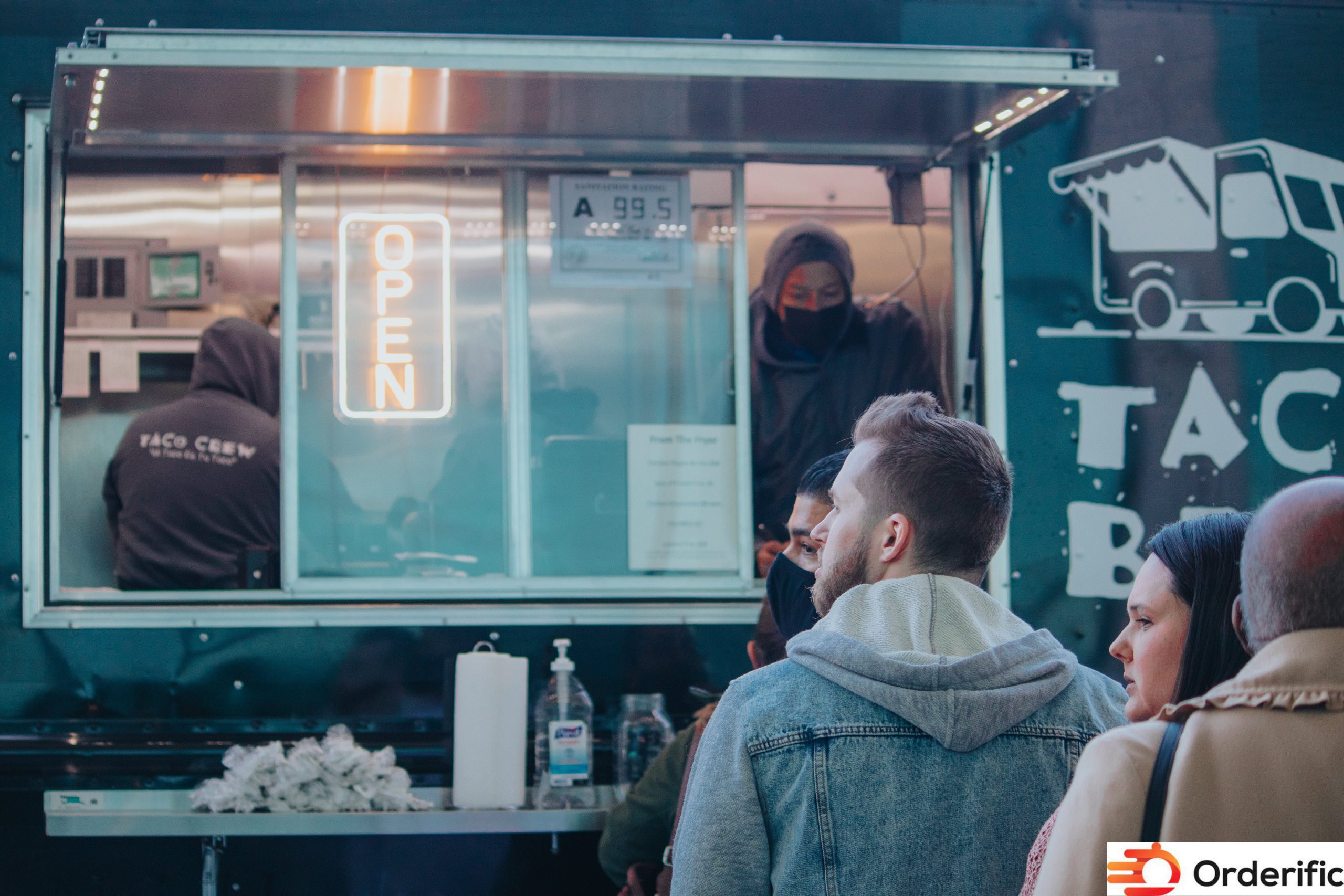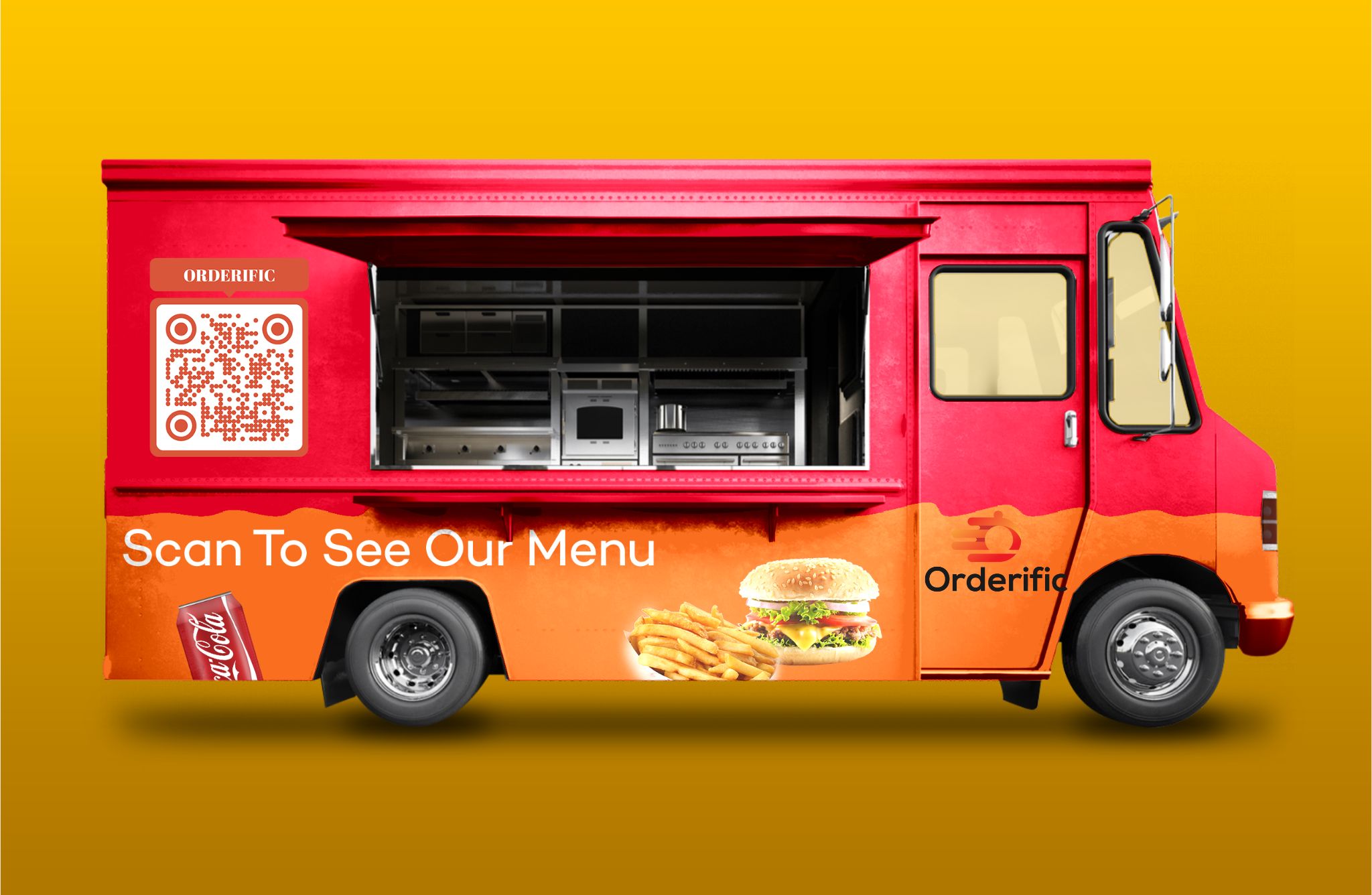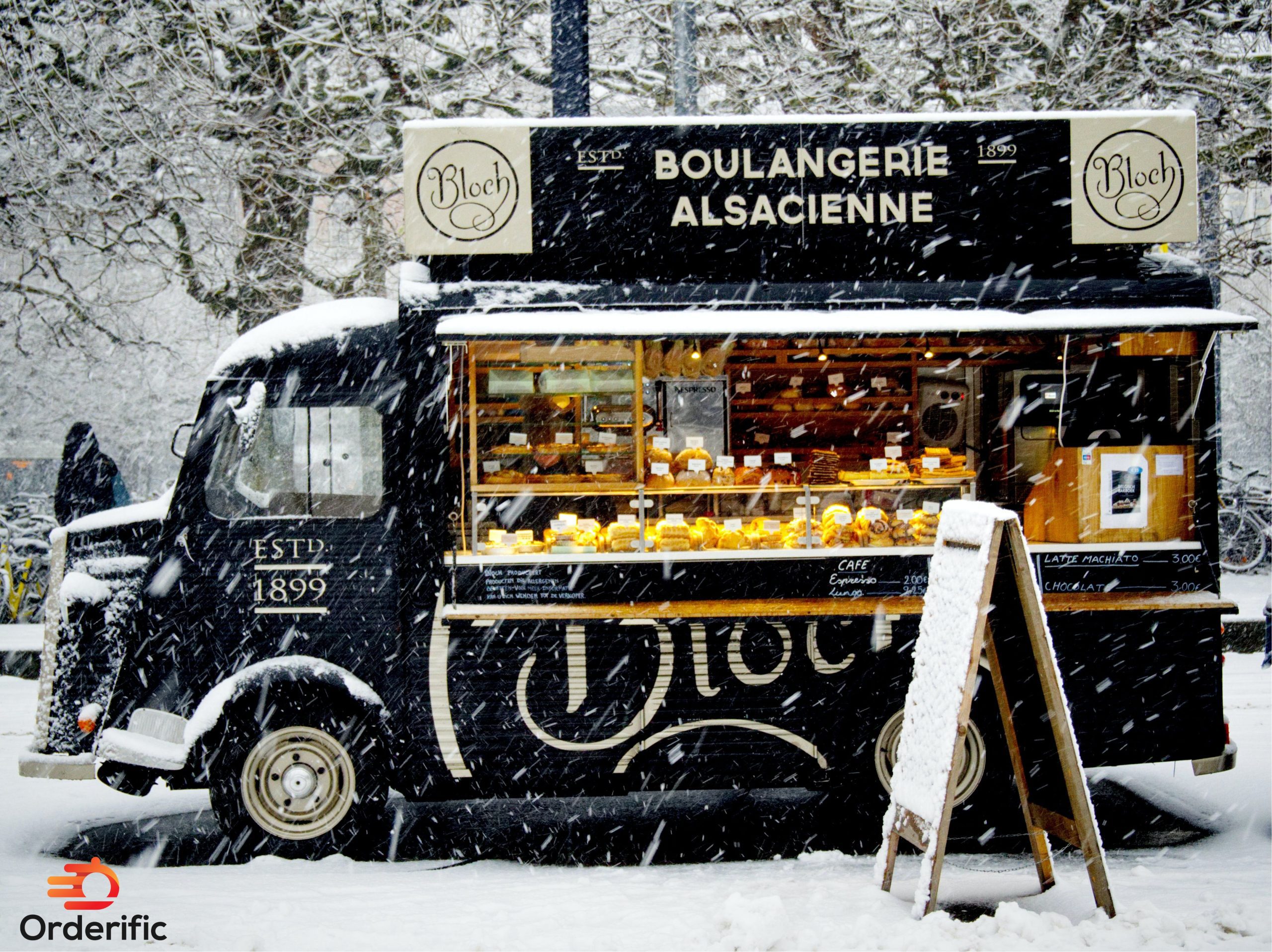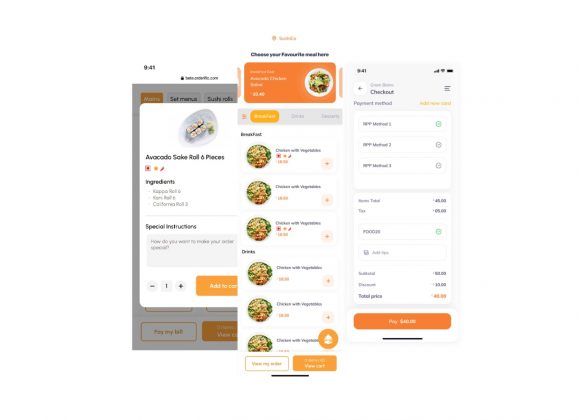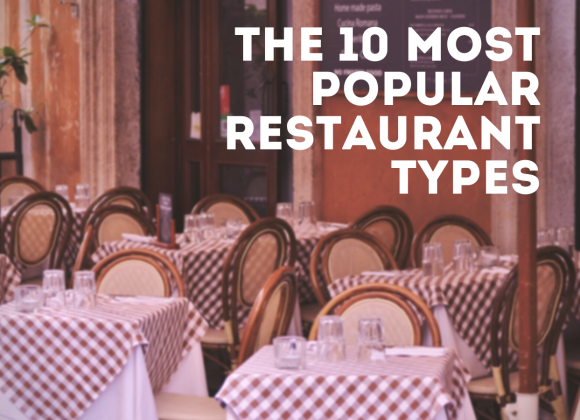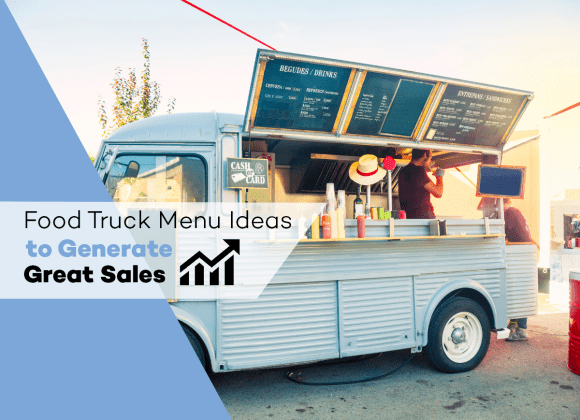
The food services industry has evolved significantly post-pandemic. Mobile food services like food trucks and trailers have come up as a fast, cheap and convenient way of the eatery. Entrepreneurs consider opening a food truck or trailer rather than starting a restaurant because it is more affordable and convenient to set up. A study estimates that food trucks and trailers serve about 2.5 billion people daily, and the number is increasing each day.
Food trucks and food trailers are commercial-grade kitchens running on motorized vehicles. These vehicles include water storage, sinks, storage cabinets, service counters, electricity connections, and other essential equipment and supplies for cooking and serving.
Once you’ve decided to start a mobile food service, the next question is, should you open a food truck or a food trailer? Well, that depends on your budget and goals.
Read on to learn the five differences between food trucks and trailers before selecting the kind of food business you should run.
1. Food trailers cost less than food trucks.
A food truck is expensive because it includes the cost of vehicle repairs, permits, licenses and car insurance. Although both food trucks and food trailers need kitchen repairs from time to time, a food truck also needs maintenance of the wear and tear of the engine.
Food trailers are much less expensive than food trucks since they can’t move their own and need to be towed by another vehicle. So you’ll have to purchase or rent a towing motor vehicle if you don’t have one.
A report estimates that starting a food truck costs around $40,000 to $125,000. However, running a food trailer business will cost you between $20,000 to $100,000.
2. Food trailers offer greater flexibility than food trucks.
You can leave your food trailer in a service location and drive your vehicle to pick up more supplies on a busy day. However, you will need to take the food truck with you or ask somebody else for help in case of a supply shortage during service hours.
If your food truck is not working or needs service, you will have to wait to start selling food. However, you can borrow or rent another vehicle to tow your trailer to the service location if the vehicle used to tow it is out for maintenance.
3. Food trailers offer more space and storage than food trucks.
Food trucks and food trailers differ in terms of their size. Food trucks can be somewhere between 10 feet to 26 feet. Food trailers, on the other hand, come in different sizes, ranging between 8 feet to 53 feet.
Since food trucks also have to use their space for the generator, motor, and driver, a same-size truck might have less cooking and storage space than a foot trailer. So, a food truck will be the best option if your business runs on fewer supplies and equipment.
Due to its large size, a food trailer can offer much more space for storing ingredients, cooking equipment, and appliances than a food truck. So, a food trailer can feed large crowds and cater big events.
4. Food trucks provide better mobility than food trailers.
Due to their smaller size, food trucks are easier to transport and drive around. So, if you plan to sell at various locations, invest in a food truck rather than a trailer. However, in terms of function, food trailers are on par with food trucks.
Food trucks can easily travel from one place to another while stopping at various locations in a single day. Mobility makes food trucks suitable for branding and advertising a restaurant.
5. Food trucks are easier to park and move around than food trailers.
A food truck is easier to park and move around in a wide range of venues than a food trailer since it has only one unit to operate. With a food truck, you don’t have to maneuver a bulky vehicle with two segments.
Food trailers are bulkier due to their large size and require parking two vehicles in a venue. So, food trailers experience more difficulty finding parking spots and driving around than food trucks.
With a food truck, you don’t need to worry about hooking up a trailer and checking all the connections every time. So, you only need to get in and drive the truck to your service location.
Pros and Cons
Food trucks and trailers are mobile vehicles with a full-service kitchen to cook and offer mobile food services. According to a report, the mobile food services market is expected to grow by $7.24 billion by 2026.
Understanding what food trucks and trailers offer will help you choose the right mobile food business. Let’s take a look at the pros and cons of each option.
Food truck
Pros:
- You can customize food trucks for experiential branded promotions.
- You can move food trucks anytime, anywhere.
- They are easy to set up at different locations.
Cons:
- Expensive due to repairs, maintenance, and insurance costs.
- Food trucks have to fulfill more regulations.
Food trailers
Pros:
- Trailers need an independent vehicle to be hitched and towed.
- It offers more space to cook and store food, thus capable of serving larger crowds.
Cons:
- Food trailers require longer setups as you need a truck or SUV to hitch them.
- Owning a trailer comes with the additional expense of buying or maintaining a vehicle to pull it.
How Orderific can help!
Orderific allows food truck and trailer businesses to increase profit, save time and decrease staff dependency free of cost. Check out the following features of Orderific that provide everything you need to manage your food truck and trailer.
- You can generate and customize QR codes for digital menus.
- Promotions of discounts and coupons can be set up and modified easily.
- You can easily set up a loyalty program for your customers.
- Orderific allows you to capture customers’ and employees’ data in a central system anytime from anywhere.
- It helps you to increase upsell opportunities by offering a promotional discount on combos.
- With an AI-enabled digital menu, Orderific provides nutrition information and suggests food items based on customers’ preferences.
- It lets you track customer reviews and suggestions.
Conclusion
Choosing between a food truck and a food trailer business requires careful planning and forethought. Things to consider when choosing:
- Food trailers can serve large crowds with ease. They usually provide more space, so you can store and sell a wide range of foods. So, if you wish to sell at large-scale events like a state fair, trade shows, sporting events, or concerts, opt for buying a food trailer.
- Food trailers cost significantly less than food trucks but require another vehicle to move around. If you want to sell food at venues with limited parking spaces, food trucks will be a better option since food trailers are not easily maneuverable.
- If you prefer to stay mobile and wish to serve at different locations within a week, a food truck offers greater mobility. However, if you plan on parking your food trailer at one location, a food trailer will fit your needs.
You can connect with our team to discuss the benefits of Orderific in detail.
FAQs
What is food truck?
A food truck is a mobile kitchen on wheels that serves food to customers on the street or at various locations.
What is food trailer?
A food trailer is a mobile food service unit that is towed behind a vehicle, similar to a food truck, but it doesn’t have its own engine.
What makes food truck different from food trailer?
The main difference between a food truck and a food trailer is that a food truck is a self-contained vehicle with an engine, while a food trailer relies on a separate vehicle.
What is unique about food trailer?
What’s unique about a food trailer is its versatility, as it can be easily towed and parked, allowing operators to switch locations or serve at events without the need for a dedicated vehicle.


